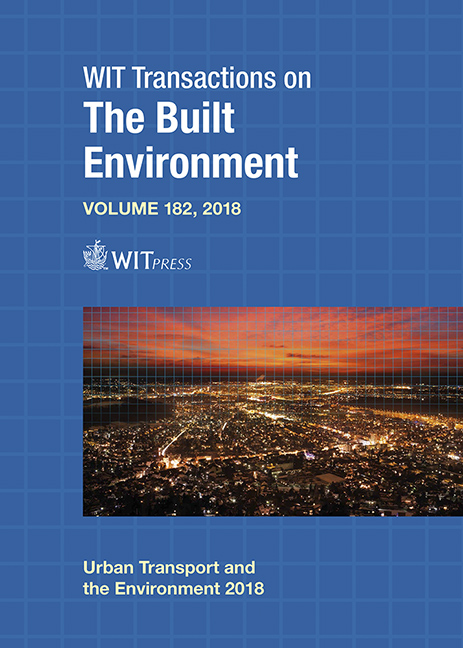AN ANALYSIS OF IMPEDIMENTS TO DELIVER SUSTAINABLE TRANSPORT IN CITIES OF DEVELOPING COUNTRIES: THE CASE OF HARARE, ZIMBABWE
Price
Free (open access)
Transaction
Volume
182
Pages
12
Page Range
241 - 252
Published
2019
Paper DOI
10.2495/UT180231
Copyright
WIT Press
Author(s)
TATENDA MBARA, NOLEEN PISA
Abstract
Africa is urbanizing at a rapid rate. The rapid rise in population coupled with constrained real economic growth has created unintended consequences impacting on the economy, social fabric and the environment. Ironically, as the urban population grows, the provision of services has declined. For instance, the formal public transport that was dominant in many African cities has disappeared. The twin factors of increasing population and the dearth of conventional public transport have stimulated the growth of informal public transport, which has become the major form of public transport in many countries. Harare, the capital city of Zimbabwe, exhibits these characteristics which are common in most cities. Public transport is the preserve of the informal sector. The informal public transport sector continues to grow and the city’s main urban public space is increasingly more congested; impeding rather than facilitating the urban population’s ability to access the required social and economic services. A clear mismatch between the demand for traffic space and its availability is evident. The need to provide a sustainable urban transport system cannot be overemphasised. Sustainability creates and maintains conditions under which society can cope and viably support livelihood requirements. The key stakeholders in Zimbabwe have agreed on the need to craft a sustainable urban transport system in Harare. Notwithstanding this agreement, there is no indication of addressing the challenges and the transport system is deteriorating. The paper assesses the impediments to the realisation of a sustainable urban transport system which is vital for economic growth.
Keywords
urbanisation, developing country, sustainable urban transport, governance, skills capacity, enforcement





